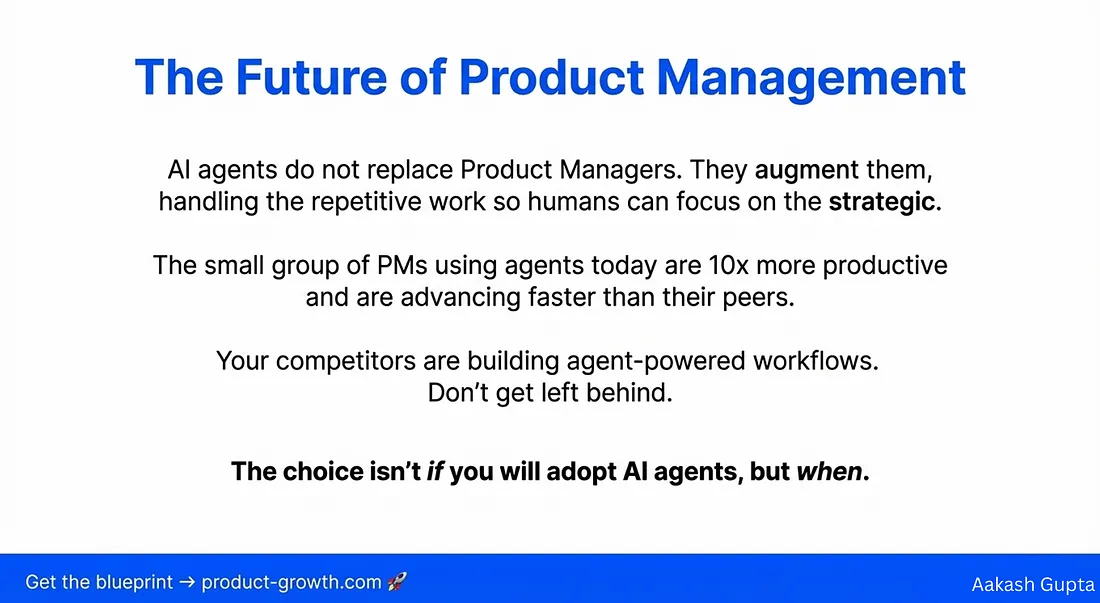
Powerful Leadership Lessons From an Incompetent Manager
When I first met Jimbo, he had no title. He was simply the most experienced member of the team. This made him the default on-boarder.
And he was thorough. Pleasant, if a little condescending. But what really stood out what his passion. Despite the job being mainly admin, he treated it like a calling. Every task was executed to perfection, giving maximum attention to every detail.
No corner cutting. No easing off. He had his standards, and he was clear to convey these to me. I respected that. And at this point in my career, I’d never met anyone who took their job, especially a job like this, so seriously. Initially I’d found it quite intense and a little lame. But this soon turned into feeling inspired by his example. Maybe admin was my calling too.
However, it quickly became clear that Jimbo wasn’t going to let that happen. For while he set that standard for himself, it wasn’t aspirational. It was a way for him to feel better than us. A way for him to assert his status in the company. And for Jimbo, your status in the office was an avatar for your status in life.
He wasn’t about to let go of feeling superior.
Three months later, Jimbo became our boss. And almost instantly, we went from a pleasant office environment to experiencing the tyranny of someone with a chip on their shoulder and a point to prove.
I’d end up working for him for six months before moving on. And while it’s easy to look back and be resentful, I’m instead grateful for what I learned from him. It’s shaped my leadership style in the many years since.
Sometimes seeing what not to do is the best way to learn. And here’s what Jimbo taught me.
Aims
If you don’t know how to win a game, you’ll invent your own rules.
I’ve seen it a bunch of times in leaders. Unsure how to ‘win’ at the job, they scramble for ways to feel good. Especially with new leaders, who often default to their old working style — the behaviour that got them promoted — when they struggle to adjust to management and different ways of being evaluated. Others might have impossible KPIs, so they spend time on passion projects that don’t move the needle. And some leaders, when they don’t understand the company’s overall mission, grasp at busywork to fill their day and feel productive.
Jimbo, desperate to look and feel superior, would delegate impossible tasks with vague aims. Then he’d dip in throughout the project to nit-pick and criticise the work. It never felt like coaching or useful feedback, just a chance for him to show you how badly you were doing. And how much more he knew than you.
When the only feedback people get is negative, they lose motivation. They stop going above and beyond — because what’s the point? And worst of all, they start playing by their own rules. And these will skew towards self-preservation.
People need to know how to win. How to feel good. How to excel. Then they have things to strive for. Challenges to overcome that build confidence. And the desire to learn and grow from their experiences.
Ownership
On day two we all came into the office, we found notes on our desk telling us there would be a meeting at 10 am. Some of us had other commitments, which we had to cancel or move.
The meeting ended up being a three hour sermon on everything Jimbo was unhappy with and would be changing. He put in place a bunch of rigid SOPs, and seemingly arbitrary rules that only served to piss everyone off.
The lunch chat was heavy on the F and C words used as both adjectives to describe Jimbo, and identifiers in place of his name.
People of course did as they were told, but quickly it became about turning off your brain and just following blindly. With no feeling of empowerment, autonomy, or ownership, we all just kind of ticked along. He’d called the shots, so it was on him if it went wrong. People disengaged. Did the bare minimum. And checked out.
When we communicate, it’s never just the words we say. It’s how we say it, and how we approach it. By not talking to anyone, or making us feel involved in the process or responsible for the outcomes, people felt powerless. And most people respond to this with switching off.
All it would have taken was a slightly different meeting. Send an agenda of the changes you want to make, then brainstorm and see what things come up. People might have some legitimately excellent suggestions of things you might miss. And it shows you trust people and want to hear from them. That you see them as a capable team, not a group of subordinates.
Honesty
Pretty quickly we ran into a bunch of problems with Jimbo’s new SOPs. It turns out he’d made rules about things he’d either never done, or never experienced in the negative. All his ideas were about best-case scenarios, void of the flexibility necessary to overcome most situations you’re likely to see when the rubber hits the road. This severely restricted our ability to hit the insane outputs he was demanding.
I felt it was important to relay to Jimbo that the plans weren’t working. But my first meeting with him culminated in the following statement:
“I don’t want to hear how it doesn’t work. I only want to hear how you made it work, OK?”
Annoyed, I chose to do the best I could. I found some workarounds that effectively kicked the can down the road. I’d be dealing with the knock on effects later, but at that moment I didn’t see a choice. Tomorrow Tobias would have to deal with it.
This wasn’t the same for everyone else. What ended up happening was something called ‘teaching deceit’. Essentially, everyone just learned that if the leader doesn’t want to hear the reality, get better at lying. Massage the truth. Reframe facts to highlight things that make you look good.
This is not how you build a culture of excellence. This is how teams — and companies — die.
Priorities
Jimbo didn’t give us clear directions. He’d speak in analogies and metaphors. He’d set you up on tasks with no clear timeline, or even an idea of what he wanted. But everything you submitted just got criticised, with no idea of whether you were closer or not. And it just kept piling up.
This all came to a head in a managers’ meeting.
“Guys, you’re not getting enough done. It should be easy. We need to move into the next quarter’s workload. So over the coming month, you need to get everything finished so we’ve got a clean slate. Am I understood?”
So we spent the following weeks shipping poor, poor work. What choice did we have? To get things done in the required timeline, we all had to cut corners. And unsure what to prioritise, we just got the bare minimum of everything done.
Jimbo chaired the final meeting of the quarter. He started positively, congratulating us all on getting everything done. Then came a lecture about how we should have all listened to him all along, as he’d proved that all we all needed was a swift kick in the caboose. And that now he’d shown us what we were capable of, he’d expect better next quarter.
His smugness didn’t last long. By the following week, I’m assuming after he’d actually looked at the quality of the work we’d submitted, he was flitting around the office in a flurry of rage and bitterness. He knew he’d dropped the ball. But in one final spasm of self-preservation, he tried to throw the entire team under the bus.
As the CEO called him into a meeting to explain why we’d need to effectively re-do an entire quarter’s worth of work, we knew the writing was on the wall.
He was let go by the end of the month.
Since I’ve walked away
Jimbo tried connecting with me on LinkedIn recently. I have not read the message.
Not because I don’t like him. But the gift of his example has run its course. I’m a different man now. A different worker. I don’t need a connection to this guy to continue to learn from him. And I’ve no interest in working with him in future, even if he has happened to change (which it looks like he hasn’t).
Those who annoy us and lead us astray offer a powerful lesson. If we’re open to it.
Be grateful for them. By seeing them act in these ways, we’re armed with the experience to come out stronger, and avoid falling into these patterns ourselves. Because don’t give yourself too much credit: we’ve all got a Jimbo in us. And if we’re not careful, they can sneak out, bit by bit, until we’ve transformed into someone incapable of even recognising it.
“Remember: No matter how bad you are, you’re not totally useless. You can still be used as a bad example.” — Unknown
Written by Tobias Charles










Comments ...
No Comments Yet ...Add One